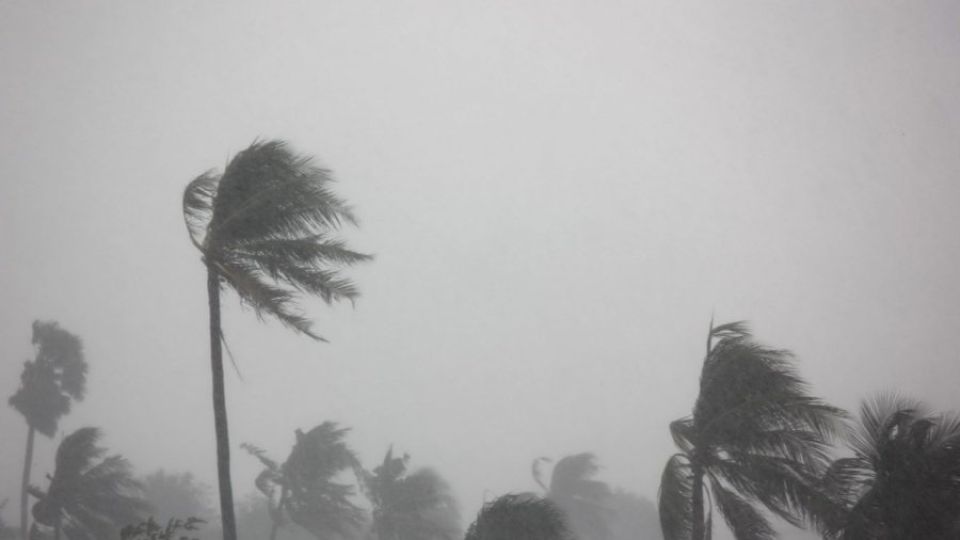December 29, 2022
JAKARTA – What began as a tweet from a National Research and Innovation Agency (BRIN) climatologist has spiraled into conflicting weather warnings that bamboozled many Greater Jakarta residents.
The debate stirred up a slew of criticisms online and prompted President Joko “Jokowi” Widodo to step-in and urge the public to stick to official channels, in this case the the Meteorological, Climatological and Geophysical Agency (BMKG), for weather information.
It started when Erma Yulihastin, a climatologist at BRIN’s Center for Climate and Atmosphere, warned on Twitter on Monday that “extreme rain” and “heavy storms” were going to hit Greater Jakarta on Wednesday. The claim was promptly refuted by the BMKG in a press briefing on Tuesday, with deputy for meteorology Guswanto saying that Greater Jakarta was more likely to see on Wednesday “moderate to heavy rainfall, but not a storm.”
But Erma’s prediction had already garnered traction.
Acting Jakarta governor Heru Budi Hartono had even advised private companies to allow their employees to work from home during extreme weather events, when asked by reporters about how the Jakarta administration would keep people safe.
“Follow all the information and follow everything that is conveyed by the BMKG,” Jokowi said on Wednesday, as quoted by kompas.com, in response to questions from the press about the conflicting weather warnings.
Terminology differences
On Twitter on Monday, Erma said “heavy storms” would originate at sea but would move inland driven by westerly winds and the cross-equatorial northerly surge (CENS), using the term “rain highway” to describe the movement of rain from the ocean inland.
A day later, BMKG head Dwikorta Karnawati said the term “storm” referred to a tropical cyclone that must include strong winds that can cause heavy rain. She added that according to BMKG data, a storm was more likely to occur in the Northern parts of Papua.
The conflicting terminology between BRIN and the BMKG prompted a slew of online criticism on Wednesday, particularly as some Greater Jakarta residents felt misled by Erma’s storm warnings.
Throughout the day, the words BRIN and badai (storm) went viral on Twitter. While others called on the two institutions to work out their differences, other internet users elected to make online memes over the seeming disagreement between BRIN and the BMKG.
Amid mounting criticism, Erma clarified on Wednesday that she made up the term “rain highway” to describe the never-before-seen pattern.
“Since I have been observing data on rain [patterns], this is the first time I have found a phenomenon for rain [to travel] in a long and straight line reaching thousands of kilometers,” Erma said as quoted by detik.com.
But Erma also said she refused to be drawn into a terminology debate with the BMKG and that what she shared was information that she and her team had gathered based on existing data.
Extreme weather to come
In a press statement on Wednesday, the BMKG warned that more heavy rain was expected to pour over numerous provinces across the country until Dec. 30, with Jakarta, Banten, West Java, Central Java, East Java as well as East Nusa Tenggara (NTT) and West Nusa Tenggara (NTB) having been put under high alert for these weather conditions.
The BMKG said the elevated rainfall in these provinces might trigger floods and flash floods, as well as landslides, especially in slopes or other areas of high elevation.
According to a warning posted by the BMKG on its Twitter account, Jakarta residents are to expect a full-day of rain, ranging from light rain to thunderstorms, all throughout Thursday.
Previously, the BMKG also said there was a high potential for more extreme weather until at least Jan. 2. All of Java’s provinces, along with Bali, NTT and NTB were likely to experience heavy or very heavy rainfall over the time period.


